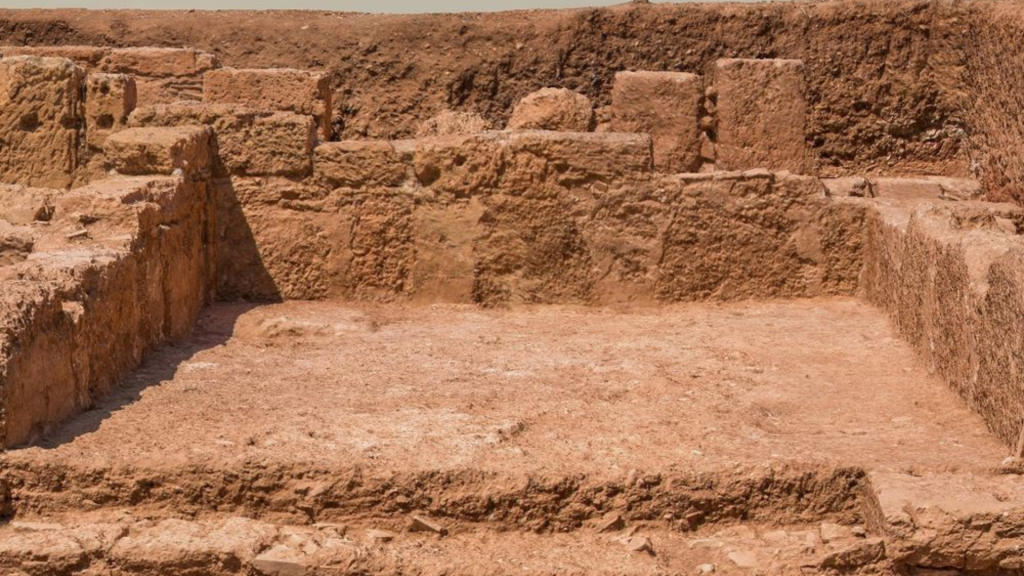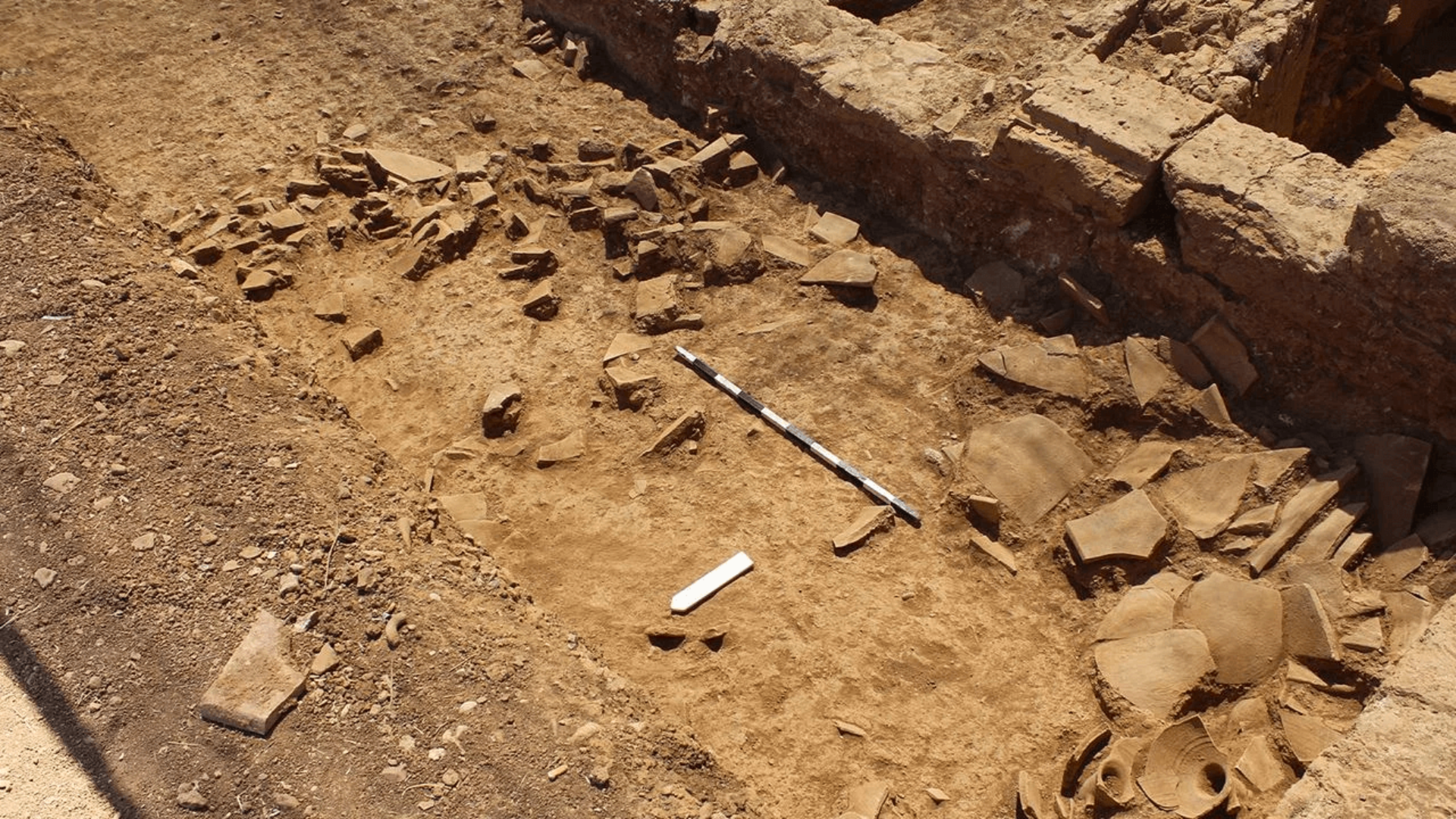Archaeologists have uncovered a Roman-era wine shop, which was destroyed following a sudden event that resulted in the owners vacating it.
According to smithsonianmag, the 1,600-year-old site is located in the ancient city of Sicyon in southern Greece.
The findings were presented by Scott Gallimore, an archaeologist at Wilfrid Laurier University in Canada, and Martin Wells, a classics scholar at Austin College, at the annual meeting of the Archaeological Institute of America in Chicago.
Marble tabletops, broken pottery and some 60 bronze coins were spotted in the site. Many of the coins were made during Constantius II’s reign, which lasted from 337 to 361 C.E.

Experts suppose that it could have been an earthquake or dangerous weather conditions that caused the structure to collapse.
The site, where possibly the owners were selling wine and products such as olive oil, was part of a building complex that included areas with kilns and tools to press grapes or olives.
Wine played a vital role in ancient Roman culture across upper- and lower-class communities.
Many questions remain about the Sicyon shop, including what kind of wine would have been offered.
Source: smithsonianmag.gr
